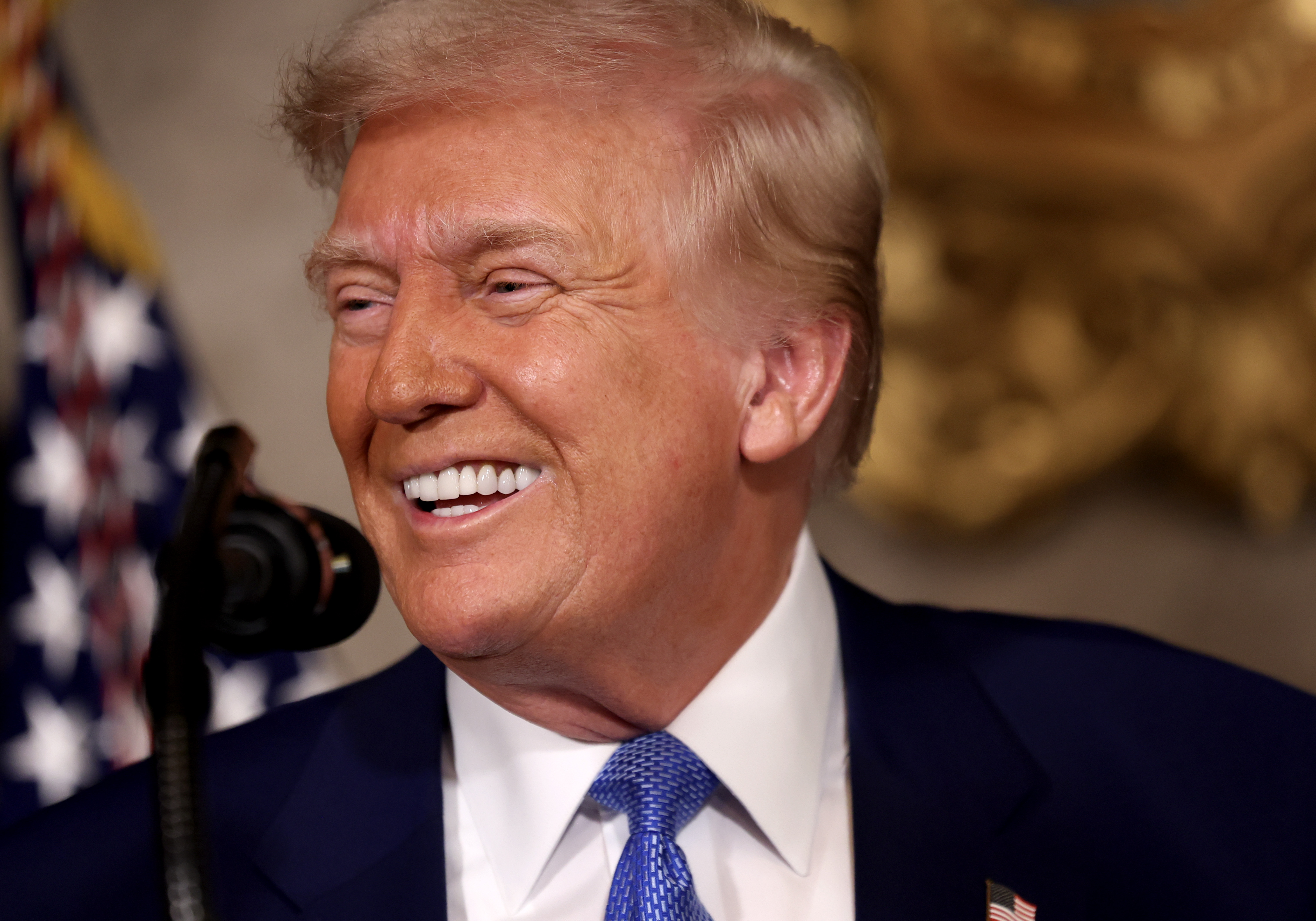With 12 days away from Election Day, American voters said they’ve been getting robocalls and text messages from political organizations and campaigns several times a day. NBC 5’s Vi Nguyen reports.
With 12 days away from Election Day, American voters said they've been getting robocalls and text messages from political organizations and campaigns several times a day.
"There are some from local and even state, but of course you also have a couple from the national too," said Tanya Pugh from Pennsylvania. "Not overly done. It's a little annoying, but it's fine."
This comes as candidates are trying to reach as many voters as possible to drum up last-minute support.
"I kinda wonder where they got my number, but I figured at the same time I’m registered to vote," said Joann Vessah from Pennsylvania.
According to the Federal Communications Commission, campaign calls and texts are exempt from the National Do Not Call Registry requirements, but there are some restrictions.
The FCC said political robocalls and texts cannot be made or sent to your mobile phones unless you consent.
Robocalls can be made to your landline even without your consent and limited to no more than three calls within a 30-day period. If you didn't ask for the text messages to be sent, you can report the sender by forwarding the text to 7226 or SPAM.
Local
"I mean it's not a huge deal, you know?" said Kali Griffin from Chicago. "I understand people are trying to get their side heard."
The FCC said you can always opt out on the phone by asking not to be called again, by replying STOP to the text message or filing a complaint online.
Feeling out of the loop? We'll catch you up on the Chicago news you need to know. Sign up for the weekly Chicago Catch-Up newsletter.
But how can you tell if the texts are coming from a legitimate source and not scammers?
"Please don't click on any links unless you know exactly where it's coming from and you're expecting it," said Steve Bernas, Better Business Bureau of Chicago and Northern Illinois president and CEO. "The reason behind it because you can't tell just by looking at it if it's going to a scammer or whether it's going to your political party that you want to endorse or send money too."
Bernas advises consumers to go directly to the organizations or political candidate's website to make the donation and to be on the look out for deepfake calls using artificial intelligence.
"The only way to put scammers out of business is not to give your business, so please don't fall for these types of political scams that are on the internet—they're everywhere," he said.



